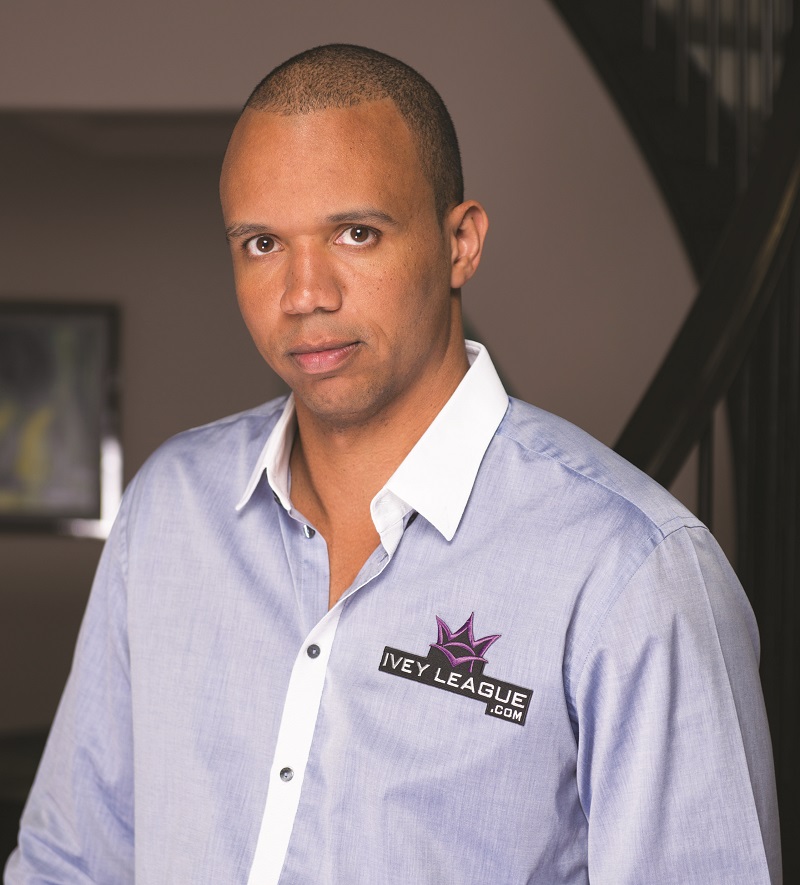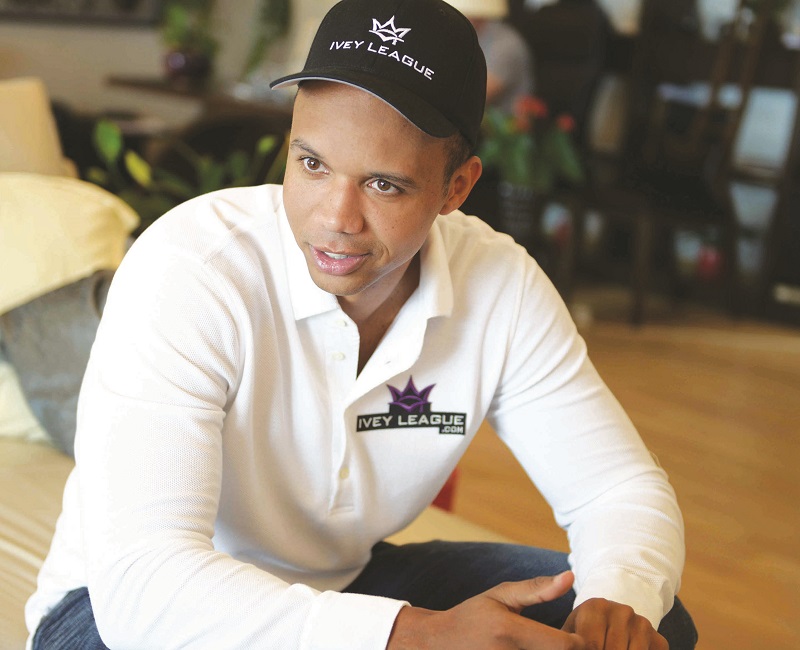This article first appeared in the Jan/Feb 2017 issue of WGM.
WGM gives its take on the intriguing and highly controversial decision by a US court ordering renowned high-roller Phil Ivey to pay back US$10 million he won from Atlantic City’s Borgata in 2012 using a technique called “edge sorting.”
He may rank among the world’s greatest poker players but Phil Ivey has learned the hard way that when it comes to gaming law, it can be hard to predict where the cards might fall.
In a decision that has raised as many questions as it has answered, an Atlantic City judge has ordered Ivey to repay US$10.1 million he won from the Borgata Hotel Casino & Spa in 2012 during a series of baccarat sessions in which he employed a technique called edge sorting to identify tiny defects in the playing cards.
US District Court Judge Noel Hillman ruled that Ivey and his playing partner, Cheng Yin Sun, had breached their obligations under the state Casino Control Act by making a series of requests to Borgata staff that manipulated the odds in their favor. These included the use of an automatic card-shuffling machine, a specific type of Gemaco playing cards with purple patterns, a Mandarin-speaking dealer and, once play was underway, for cards of certain values to be rotated 180 degrees for “superstitious” reasons.
But the ruling has proved a controversial one and it’s difficult not to feel that Ivey has been somewhat hard done by. Some might even suggest that Judge Hillman feels the same. Despite finding Ivey guilty of breaching contract, the judge rejected Borgata’s claim of fraud, stating, “Borgata casts itself as an innocent victim who altruistically provided Ivey with his five requests, including allowing Sun to play with him, because it trusted Ivey. Borgata and Ivey had the same goal when they entered into their arrangement – to profit at the other’s expense.”
Ultimately, Judge Hillman’s split decision means that edge sorting continues to occupy that same gaming grey area as card counting. Not illegal but not allowed.

However, it also raises legitimate questions about culpability and who should be responsible when players identify a casino game as being exploitable.
Unlike blatant cheating methods such as card switching or “past posting,” whereby players use sleight of hand to add chips to a winning bet, “advantage players” instead rely on their skills of observation or mathematical strategy to turn the odds in their favor.
In fact, Ivey has never denied the fact that he and Sun used edge sorting during their winning sessions at Borgata, nor in regards to a similar case against London’s Crockfords Casino where Ivey and Sun won another US$9.6 million in 2012. That ruling went against him too, although again it wasn’t unanimous – the appellate panel of judges voting 2:1 in Crockfords favor.
“It’s not in my nature to cheat,” Ivey stated during the Crockfords case recently. “And I would never do anything to risk my reputation.
“What we did was a legitimate strategy – we did nothing more than exploit Crockfords’ failures to take proper steps to protect themselves against a player of my ability.”
Adding weight to Ivey’s argument is the fact that while he was fighting the Borgata in a New Jersey courtroom, Borgata also went to war with card manufacturer Gemaco over who was at fault for Ivey winning US$10.1 million in the first place. Borgata claimed that the entire fiasco was only possible because Gemaco had supplied imperfect cards. Gemaco’s response claimed Borgata had allowed significant changes to the rules of its own game in order to accommodate the high roller, therefore providing the tools for any imperfections to be exploited.
In reality, both are probably right – although the actual decks used were destroyed long before the case went to court, as per standard casino policy.
Certainly Borgata bowed to a number of very specific requests by Ivey and Sun, among which was to play mini-baccarat – a variant in which players never touch the cards. The Mandarin-speaking dealer was there so that Sun could engage in light-hearted conversation in their native tongue before eventually asking for certain cards to be rotated 180 degrees because Ivey was “superstitious.”
The automatic shuffling machine was also important because, unlike hand shuffles, it would shuffle the cards without any rotation.

Despite all of this, Borgata executives saw nothing untoward in Ivey’s winning streak until news of the Crockfords case broke, at which point they decided they wanted their money back.
On that count, Judge Hillman’s ruling in Borgata’s favor ultimately came down to the rotation of the cards by the dealer, which he said, “led the cards to be ‘marked’ even though neither player ever touched the cards themselves.”
Had Ivey won by observation alone, Judge Hillman suggested, it might have been a different story. We’re not so sure – try telling a blackjack dealer you’re counting cards (which works by observation alone) and see how far you get.
But the fact that Ivey has come up empty handed twice, despite presenting a very strong case, shouldn’t come as any great surprise. In strongly regulated jurisdictions such as London or New Jersey, protecting the integrity of casino gaming is as vital as a casino’s house edge is to its profitability.
And it shouldn’t be forgotten that for every dollar of gaming revenue collected by casinos, a certain proportion is paid in tax to the jurisdiction’s government, making governments effectively “partners” with casinos.
But is that house edge a pre-determined right or should it instead be up to those who design, bank and supply these games to ensure they haven’t left any back doors open?
The Phil Ivey example presents a strong case for the latter.







